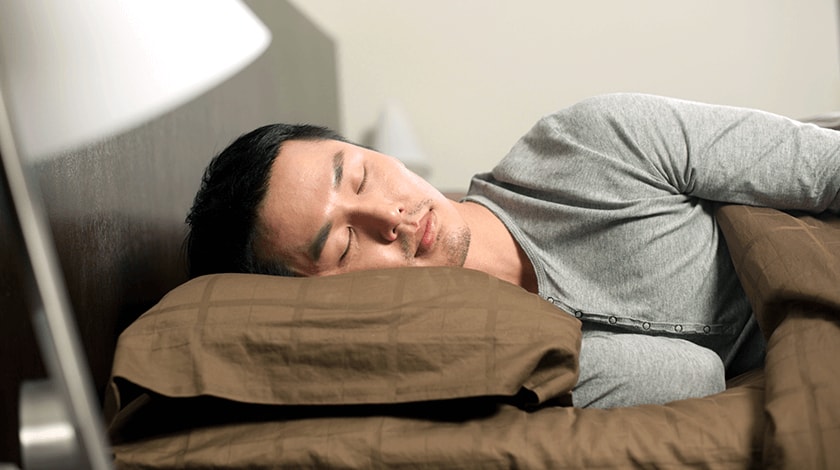Odd Sleeping Behaviors
Everyone has their specific sleeping behaviors. Some of them sleepwalk, sleeptalk, have nightmares, and even sleep terrors. A technical term to describe this is Parasomnia. What causes these odd sleeping behaviors and what can people do to avoid them?
Nightmares
This type of sleeping activity is not just common among children from age 3 to 8.2 Approximately 5-10% of adults also have nightmares, sometimes more than once a month.1 They are a part of normal development.
The reason?
Some people struggle in nightmares, because they have been through terrible events, such as accidents, surgery, and loss of their loved ones.1 Usually these dreams address to our daily life’s mental stress, but it is not an absolute cause for all nightmares. They might also be related to an event in the past which has created a strong impact on you. Nightmare of this kind tends to lessen in frequency and gets less intense over time.1
Night Terrors
This is different from nightmares, which often leads people to wake up in a sudden, looking scared, screaming or weeping. Night terror happens commonly for children between the age of 4-12, as well as 3% of adults.3 Usually this type of activity occurs during the first few hours of sleep. The person struggles to awake and doesn’t usually have memory of the terror.
The main difference between this and nightmares is that nightmares are more likely to be remembered and occurs after a few hours of sleep.
The reason?
The cause is associated with mental exhaustion due to illness and tension. It maybe an illness that runs around in the family.2,3 The best thing you can do is to stay calm and go back to sleep again.4
Sleep Talking
Sleep talking can be in the form of an ongoing conversation or just a few mumbling words. There is no real health issue concerned but just might cause the sleep talker to feel embarrassed, and his or her partner and family members to find disturbing.
The reason?
Sleep talking could be caused by stress, depression, physical sickness or drinking too much alcohol. Also, it might run around in the family.5
Sleepwalking
Sleepwalking isn’t just about getting up to walk during your sleep. Some people might also do a set of multiplex actions during their sleep, and sometime you might even think they are conscious! The sleepwalkers barely remember what they have done once they are awake.
The reason?
1 in every 100 adults has sleepwalked during their lifetime, however it is more common amongst children. For adults, this behavior is often associated with not getting enough quality sleep. The major reason for sleepwalking is still unknown. However, when you see someone is sleepwalking, just gently guide them back to bed.
What can you do about it to get this cured?
- Parasomnias are usually caused by stress, you should identify the source of stress to minimize the troubles they are causing you.
- Find the time to relax!
- Have regular meals on time, especially dinner. Also control the amount of alcohol consumption to avoid these behaviors.
- Review the methods that can improve your sleep quality, such as cutting down on caffeine, using ear plug during your sleep or going to bed earlier.
- When someone in your household exhibits parasomnias behaviours, prepare a few safety measures around furnitures and sleeping area to prevent the case of injuries.
Sources
- Nightmares. Association for the Study of Dreams. Visited 14 September 2012.
- Night terrors and nightmares. NHS Choices. Visited 14 September 2012.
- Parasomnias. Cleveland Clinic. Visited 14 September 2012.
- Sleeping Well. The Royal College of Psychiatrists. Visited 14 September 2012.
- Sleep talking. National Sleep Foundation. Visited 14 September 2012.

